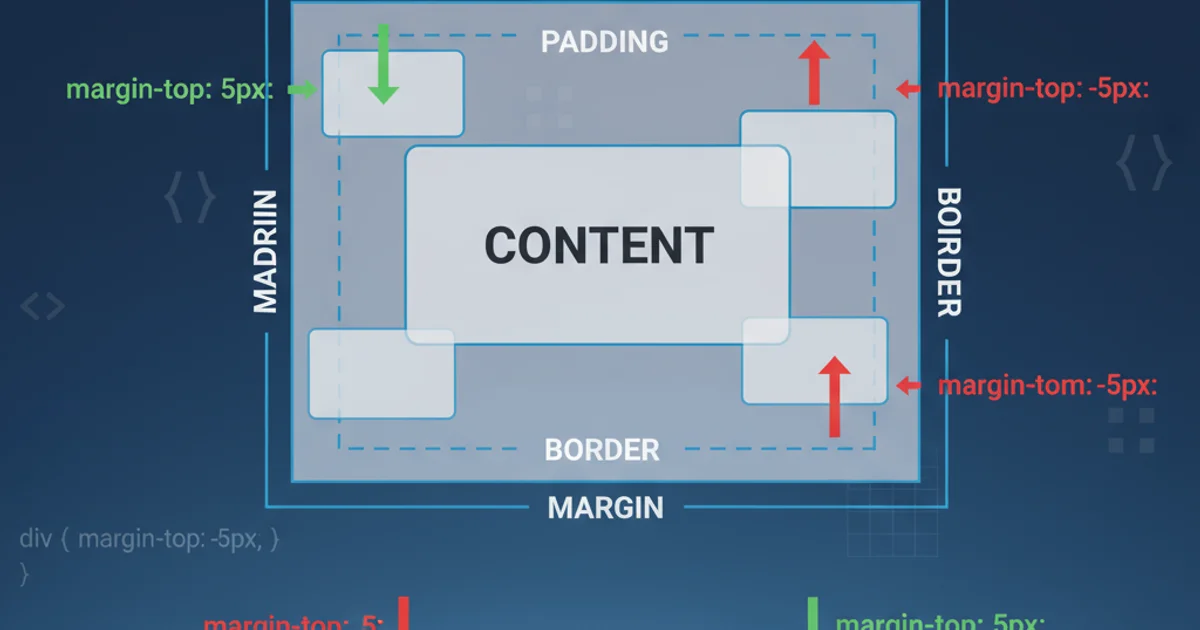7zip 7za.exe - cannot use absolute pathnames
Categories:
Resolving 7-Zip's Absolute Pathname Limitations with 7za.exe

Discover why 7za.exe struggles with absolute pathnames and learn effective strategies, including relative paths and PowerShell, to manage your archives without errors.
When working with 7-Zip's command-line utility, 7za.exe, users often encounter unexpected behavior when attempting to use absolute pathnames, particularly for the output archive file. This limitation can lead to errors like "Cannot open file" or "Path not found," even when the specified directory exists and is accessible. This article delves into the root cause of this issue and provides robust solutions to ensure your archiving operations run smoothly.
Understanding the 7za.exe Pathing Behavior
The core of the problem lies in how 7za.exe interprets paths, especially when creating new archives. While it generally handles absolute paths for input files or directories to be archived, it often expects a relative path or a simple filename for the output archive itself, particularly when executed from a different working directory. This behavior is not always intuitive and can be a source of frustration for users accustomed to more flexible path handling in other command-line tools.
flowchart TD
A[Start 7za.exe Command] --> B{Output Path Absolute?}
B -->|Yes| C[Error: Cannot open file / Path not found]
B -->|No| D{Output Path Relative?}
D -->|Yes| E[Success: Archive created]
D -->|No| F[Error: Invalid path format]
C --> G[End with Error]
E --> H[End Successfully]7za.exe Output Path Interpretation Flow
7za.exe commands with simple relative paths first to confirm basic functionality before introducing complex pathing scenarios.Strategies for Handling Absolute Paths
Despite 7za.exe's quirks, there are several reliable methods to work around its absolute pathname limitations. The most common and recommended approaches involve changing the current working directory or using scripting languages to manage the execution context.
1. Change Directory (CD) Before Execution
The simplest method is to navigate to the desired output directory using the cd command before executing 7za.exe. This makes the output path effectively relative to the current working directory.
2. Use PowerShell for Robust Path Management
PowerShell offers more sophisticated ways to manage paths and execute external commands. You can construct paths dynamically and ensure 7za.exe is called with the correct context.
3. Specify Output Directory with -o Switch (for extraction)
While this article focuses on archive creation, it's worth noting that for extraction, the -o switch in 7-Zip does accept absolute paths for the output directory, making extraction more straightforward.
REM Example: Archiving 'MyFolder' into 'C:\Archives\MyArchive.7z'
REM Method 1: Change directory first
cd C:\Archives
"C:\Program Files\7-Zip\7za.exe" a MyArchive.7z "C:\Path\To\MyFolder\*"
REM Method 2: Using a temporary variable and relative path
SET ARCHIVE_DIR=C:\Archives
SET ARCHIVE_NAME=MyArchive.7z
cd %ARCHIVE_DIR%
"C:\Program Files\7-Zip\7za.exe" a %ARCHIVE_NAME% "C:\Path\To\MyFolder\*"
REM Note: The input path for files to be archived can often be absolute.
Batch script examples for creating archives with 7za.exe
# Example: Archiving 'MyFolder' into 'C:\Archives\MyArchive.7z'
$sevenZipPath = "C:\Program Files\7-Zip\7za.exe"
$sourcePath = "C:\Path\To\MyFolder\*"
$archiveDir = "C:\Archives"
$archiveName = "MyArchive.7z"
$fullArchivePath = Join-Path -Path $archiveDir -ChildPath $archiveName
# Ensure the archive directory exists
if (-not (Test-Path $archiveDir)) {
New-Item -Path $archiveDir -ItemType Directory | Out-Null
}
# Method 1: Change location before executing 7za.exe
Push-Location $archiveDir
& $sevenZipPath a $archiveName $sourcePath
Pop-Location
# Method 2: Using the full path with 7za.exe (less reliable for output, but works for input)
# This method might still fail for output archive path if 7za.exe is strict
# & $sevenZipPath a $fullArchivePath $sourcePath
Write-Host "Archive created at: $fullArchivePath"
PowerShell script for robust 7za.exe archive creation
"") to prevent parsing errors.Conclusion and Best Practices
While 7za.exe is a powerful and efficient archiving tool, its handling of absolute pathnames for output archives can be a stumbling block. By understanding its behavior and employing strategies like changing the current directory or using scripting languages for path management, you can overcome these limitations. For consistent and error-free operations, always prefer changing the working directory to the desired output location before invoking 7za.exe to create an archive, or leverage scripting environments like PowerShell for more control.